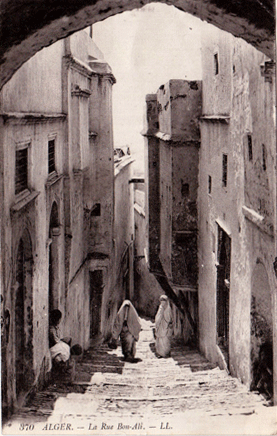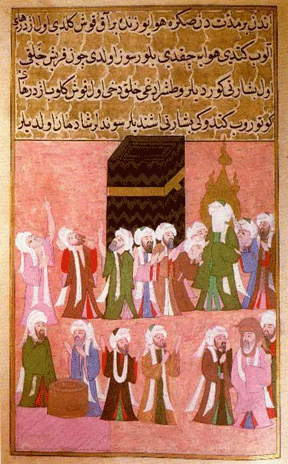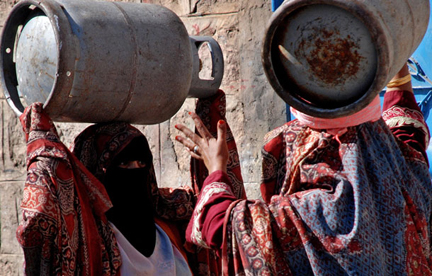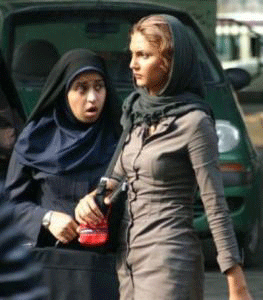
On Tuesday, Feb. 9 and Wednesday, Feb. 10, internationally known sociologist Bryan Turner will be delivering two guest lectures at Hofstra, and also will be available for smaller meetings with interested students and faculty. Dr. Turner, currently a visiting professor at Wellesley College, was a sociology professor at National University in Singapore and the University of Cambridge. He will become a ‘presidential professor’ at CUNY in September. He has edited or written more than 60 books on a wide range of topics, and his research interests include globalization and religion, concentrating on issues such as religious conflict and the modern state, religious authority and electronic information, religious consumerism and youth cultures, human rights and religion, and religious cosmologies. Turner’s visit is sponsored by the Departments of Anthropology, Religion, and Sociology, Honors College, and the Middle Eastern and Central Asian Studies Program.
Tuesday, Feb. 9, 2:20-3:45 (Breslin 100)
Bodies as Culture/Bodies as Practice. In the last decade and across a wide range of disciplines, the human body has become a key issue in research. However, the dominant approach denies the materiality of the body, treating it as culture or text. The body is always a sign of something else. The result is that we lose any understanding of practice and embodiment. In my own work and in this talk, I look at a number of examples – dance, old age and disease – where practical embodiment cannot be avoided. This denial of materiality and practice has wider ramifications for sociology and anthropology in terms of the equally problematic status of ‘Culture’.
Wednesday, Feb. 10, 11:15-12:45 (Breslin 100)

PROGRAM CANCELLED DUE TO SNOW
Globalization and Cosmopolitanism : the religious and the secular’? Religion was systematically ignored by the major social science thinkers of the 20th century who embraced the idea of inevitable secularization (Althusser, Elias, Dahrendorf, Harvey, Boltanski, Giddens). At the beginning of this century, the academic scene has changed radically with major figures (Berger, Habermas, Vattimo, Rorty) either discovering or rediscovering religion. One curious absence, however, in the current fashion for work on globalization in the social sciences is yet another absence of religion. This is curious since one could argue that the evangelical religions were global all along – only Roland Robertson has perused this idea with some determination. The absence is even more curious when we come to the current study of global cosmopolitanism in which once more the major figures (Appiah, Beck, Giddens, Sassen) do not see the connection. In this paper I examine Alain Badiou’s contention that Saint Paul is our contemporary (Gal.3:28). Following my own work on Vulnerability and Human Rights (2006) I consider, with an intersection of theology and sociology, the idea of cosmopolitan virtue and hospitality. I finish with the provocative question: can Muslims be cosmopolitans?
In addition, Dr. Turner will be available from 4:15 p.m. -5:15 p.m. on Feb. 9 in the Anthropology Department office, Davison, Room 200; and from 9 a.m.-10 a.m. on Feb. 10 in Davison, Room 206.
For more information, contact Dr. Daniel Varisco at daniel.m.varisco@hofstra.edu







